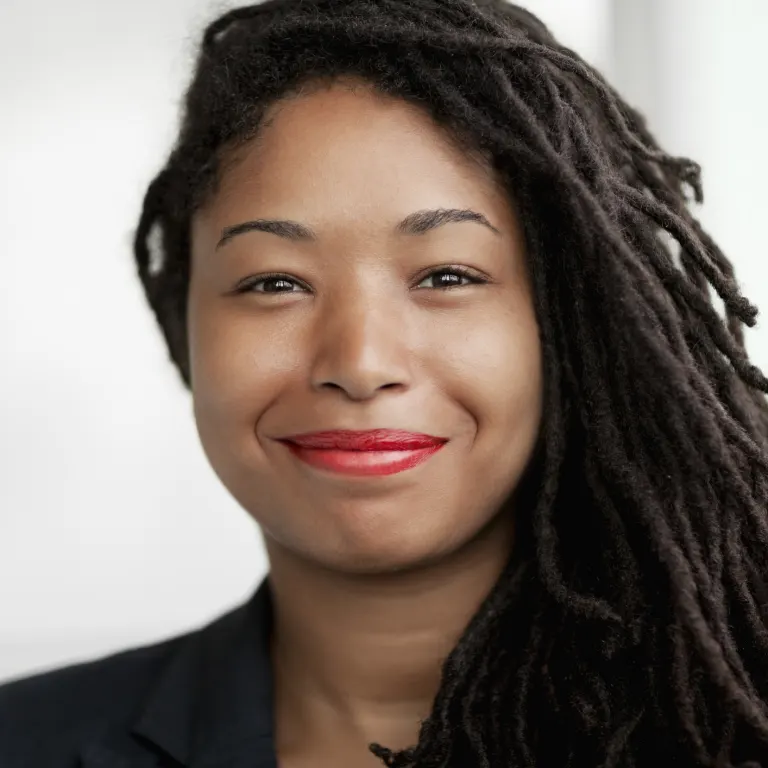What exactly do the words “property” and “estate” mean in a will?
Does the word property in a will refer to something different than the word estate? My aunt's will talks about leaving property to some people, and leaving the residue of the estate to others.

Mina
Powell River, BC
When it comes to wills, there’s an important difference between the meaning of the words property and estate.
The law considers a will-maker to have two types of property. There is real property, being land and any buildings on land. All other assets are a type of personal property. This includes money in the bank, investments, cars, household belongings, and so on.
Sorting property in this way isn’t something that’s specific to wills. If you buy a condo, for example, the law considers your new asset to be real property.
On the other hand, the word estate is most commonly used when someone has passed away. A deceased person’s estate is made up of every asset and debt they owned by themselves when they died. The estate doesn’t include property owned with someone else in joint tenancy (such as a joint bank account) or property that has a designated beneficiary (such as a registered retirement account or a life insurance policy). You can learn more about what types of property a will covers.
In your question, you ask about the residue of the estate. This refers to whatever assets are leftover in an estate after the executor pays all the expenses, debts and taxes owing, and distributes any specific gifts made in the will.
Let's say a will-maker makes a gift of the family cabin to a grandchild, as well as a $25,000 donation to a charity. The residue of the estate is what is left over after the executor pays the estate expenses, debts and taxes, and gifts the cabin and the $25,000 donation. (The cabin to the grandchild is a gift of real property. The donation is a gift of personal property.)
There’s almost always residue in an estate. That’s partly because nobody can know exactly what they’ll own when they die. For this reason, most will-makers give the residue of their estate away by shares or percentages. For example, “I divide the residue of my estate equally between my children.”

Lynda Cassels
Cassels Murray
